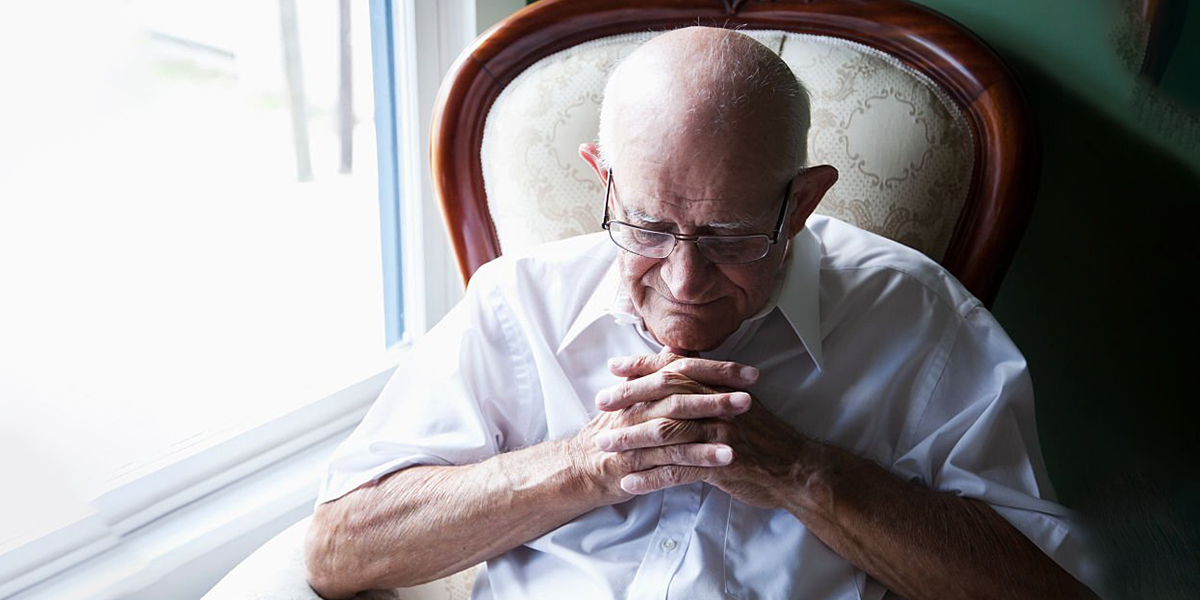As we age, the importance of comprehensive healthcare becomes increasingly evident. For those facing serious illnesses, such as cancer, palliative care offers a holistic approach to improving the quality of life during the later stages. In Chennai, renowned palliative care centres like Athulya have embraced the significance of spiritual care in this journey. In this blog, we will delve into the role of spiritual care in palliative care for the elderly, with a special focus on palliative care centres in Chennai, particularly Athulya Senior Care, where compassionate care is at the heart of their mission.
Palliative Care: A Holistic Approach
Palliative care goes beyond the conventional medical model by addressing the multidimensional needs of patients. It aims to provide comfort, alleviate symptoms, and offer emotional, psychological, and spiritual support. For elderly individuals, especially those battling cancer, palliative care becomes a crucial aspect of their healthcare journey.
Spiritual Care in Palliative Care
Spirituality plays a profound role in an elderly’s experience of illness, ageing, and the end of life. It encompasses one’s sense of meaning, purpose, and connection to something greater. In palliative care, spiritual care extends far beyond religious beliefs and rituals; it dives deep into the emotional and existential aspects of an elderly’s life.
The Role of Spiritual Care in Palliative Care
- Finding Meaning and Purpose:Aging and the associated health challenges can lead the elderly to question the meaning and purpose of their lives. Spiritual care helps the elderly explore and discover meaning even in the face of physical limitations.
- Coping with Emotional and Psychological Distress: Spirituality offers a framework for coping with the emotional and psychological distress that often accompanies serious illnesses and ageing. It provides solace, comfort, and hope to elderly patients and their families.
- Addressing Fear of Death: For many elderly individuals, the fear of death is a significant source of distress. Spiritual care assists them in reconciling with their mortality, reducing anxiety, and promoting a sense of peace and acceptance.
- Fostering Connection and Support: Spirituality encourages connections with others, whether through religious or community involvement. These connections provide valuable support networks for the elderly, alleviating feelings of isolation.
- Ethical and Moral Decision-Making: As ageing individuals face medical decisions, ethical dilemmas, and end-of-life choices, spiritual care helps them make decisions that align with their values and beliefs.
Athulya Senior Care: An Exemplary Palliative Care Centre in Chennai
In Chennai, Athulya Senior Care stands out as a beacon of compassion and excellence in palliative care. Their commitment to addressing the unique needs of elderly patients, particularly those battling cancer, is exemplified through their holistic approach, which includes spiritual care.
The Role of the Spiritual Care Providers
To ensure that spiritual care is effectively integrated into palliative care for the elderly, healthcare teams often include spiritual care providers, who specialize in addressing the spiritual needs of ageing patients and their families. These professionals offer the following services:
- Spiritual Assessment: Spiritual care providers conduct assessments to understand the spiritual background, beliefs, and values of elderly patients. This assessment helps tailor care to meet individual needs.
- Supportive Presence: Being present and actively listening to the concerns and feelings of elderly patients is a crucial aspect of spiritual care. Providers offer a compassionate presence that allows patients to express themselves openly.
- Rituals and Practices:Depending on an elderly’s faith or belief system, spiritual care providers can facilitate rituals, prayers, or ceremonies that provide comfort and spiritual connection.
- Counseling and Guidance: Spiritual care providers offer counseling and guidance to help elderly individuals explore their spiritual questions, cope with suffering, and find sources of strength and hope.
- Collaboration:Collaboration with the healthcare team is essential to ensure that spiritual care aligns with the overall goals of palliative care for the elderly. This may involve discussions with physicians, nurses, and other professionals.
The Impact of Spiritual Care at Athulya Senior Care
The integration of spiritual care into palliative care at Athulya has yielded significant positive outcomes for elderly residents and their families, particularly those dealing with cancer:
- Enhanced Quality of Life:Elderly patients who receive spiritual care report an improved quality of life, with reduced pain and suffering, as well as a greater sense of peace and acceptance.
- Improved Coping Skills: Spiritual care helps elderly patients develop coping skills that enable them to navigate the emotional and psychological challenges of ageing and serious illness more effectively.
- Strengthened Family Bonds:Families often experience a greater sense of support and connectedness when spiritual care is integrated into the care plan, facilitating more open and meaningful conversations.
- Better Communication: Elderly patients and their families who receive spiritual care are more likely to engage in discussions about their end-of-life wishes and preferences, leading to more informed decisions.
- Reduced Anxiety:Spiritual care can alleviate anxiety related to ageing and the end of life, allowing elderly patients to approach this stage with a greater sense of calm and acceptance.
In the realm of palliative care for the elderly at Assisted Living, spiritual care is a vital component that addresses the profound spiritual and emotional needs of patients and their families. Athulya Senior Care, a renowned palliative care centre in Chennai, exemplifies the importance of integrating spiritual care into its holistic approach. By recognizing the significance of spirituality, Athulya ensures that elderly individuals and their families receive the comprehensive and compassionate care they deserve as they navigate the complexities of ageing and serious illnesses, particularly cancer.





